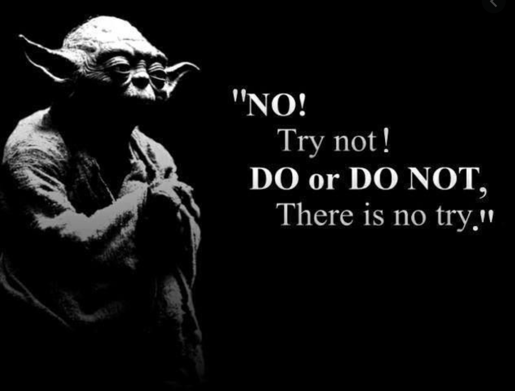Being A Member Of Your Community
Show me your friends, and I’ll show you your future. –Unknown
Contributing to your local community is more challenging than at any other time in history. Long commutes, longer working hours, extracurricular activities for the kids, and a dopamine-fueled addiction to social media leave little time to wander out into the front yard to chat with the neighbors. Added challenges in 2020 have magnified that problem.
For all the things that modern, digitally connected communities provide, what stands out most is our need for close-knit, human interaction. We are a tribal species; pop-up notifications and 👍 buttons can’t replace 200,000 years of evolution in a decade. One thing that stands out in my mind is the loss of knowledge transfer from older generations to younger ones. It’s hard to get through to kids; they don’t seem to listen. They’ve always got their heads buried in some electronic device.
Oddly though, my grandparents said the same of me and my generation. We were always watching TV, listening to the radio, or out with friends… doing who knows what 🤷♂️. While I may not have spent much time with my grandparents, the time seems to have affected me. My grandpa always had a story to tell while working in the fields, repairing fences, hauling hay, or cutting firewood. At the time, it seemed as if he was passing the time, but decades later, as I encountered obstacles, some thought would enter my mind related to a story he had once told me about his life. It then hit me…
“It was never a random story at all. He was preparing me for this moment.”
One of the most memorable things I learned from him is failure is not an option. He never said those words but lived it through his actions. It came up in a conversation recently with a CEO I advise. He wanted to master all the disciplines of building a technology company: people management, growth, finances, debt, marketing, sales, and the ever-changing technology landscape.
I told him this story: as a kid on a farm, we faced many obstacles: drought could crush our crops, cold weather could take our livestock, and equipment could break. If any of those obstacles gained the upper hand, it could impact our ability to survive on a farm and feed the family. No grass = no hay = no feed for the cattle = cattle dying = no cattle to sell = no money = no food.
Many times I remember our tractor breaking down.
“What’s wrong with the tractor?”
“It’s broken.”
“What’s broken?”
“Don’t know.”
“What are we gonna do?”
“Fix it.”
That was his mentality. There were always two options in his world: solve the problem or walk into the house and tell the family that there would be no dinner tonight.
So his problem-solving skills shaped my problem-solving skills, which in turn have shaped others’ problem-solving skills.
I think that’s how a community works. It doesn’t have to be formal, organized, or planned. It just has to be human to human. The objective is to share knowledge, which means sharing your failures and what you learned from them. No one sees you fail on social media, but that’s not the reality. And it’s not helpful to others. It’s in the failure where the learning happens, and others can learn from your failures too, but only if you share them.
